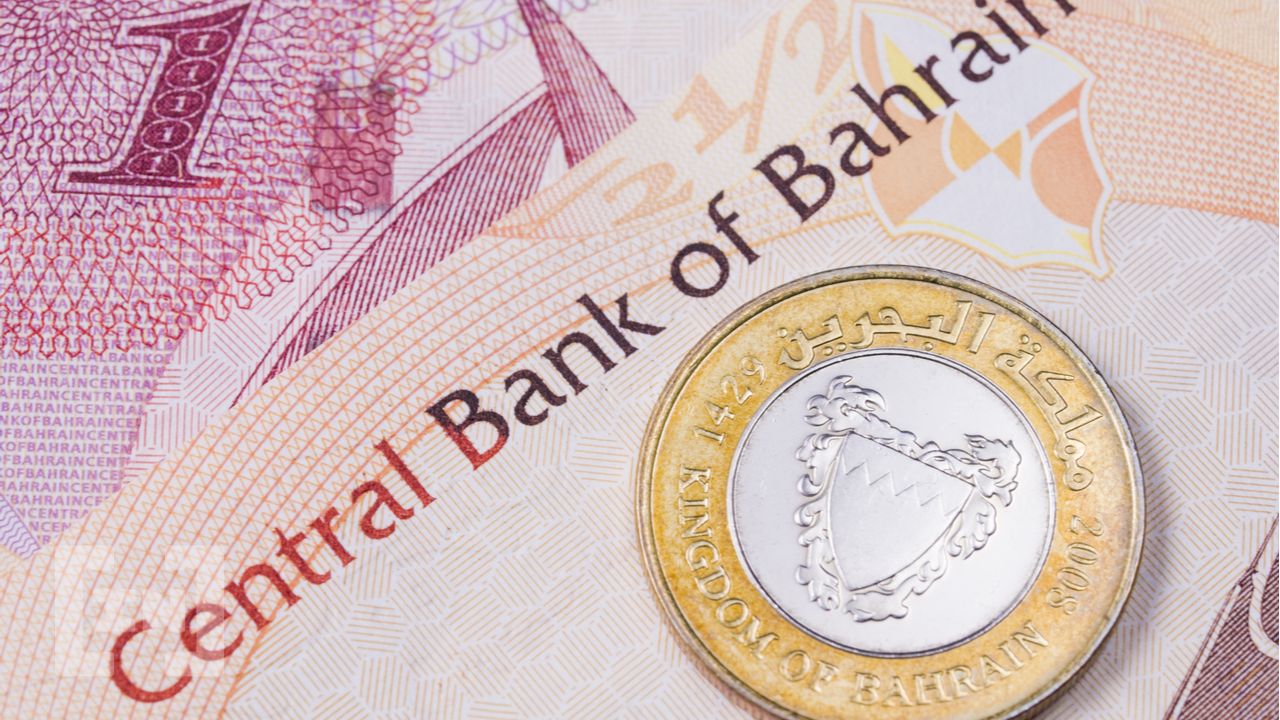The Central Bank of Bahrain has successfully completed a test of the JPMorgan JPM Coin. The latter was used to send real-time payments to counterparties in the U.S.
The Central Bank of Bahrain has announced that it has completed a test of JPMorgan Chase’s JPM Coin solution. Published on Jan. 5, the announcement states that the bank’s vision to “improve customer experience for safe and efficient settlement solutions” using the JPM Coin System underwent a successful test.
JPM Coin revival
The JPM Coin was used by banks to initiate real-time payments for Aluminium Bahrain (ALBA) to benefit ALBA’s counterparties in the U.S. The system was a permissioned one that helps as a payment rail and in keeping track of deposit accounts. The officials from Bahrain seem very keen on upgrading their financial infrastructure, saying that it is committed to a significant uplift to deliver the highest quality experience.
The test was applauded by executives from all stakeholders. The Governor of the Central Bank of Bahrain, Rasheed Al Maraj, said,
Through our work with ALBA, Bank ABC and Onyx by J.P. Morgan, we aspire to address and eliminate the inefficiencies and pain-points which exist today in the traditional cross-border payments arena.
JPM Coin was first announced in 2019 and was called the first bank-backed cryptocurrency. Ripple CEO Brad Garlinghouse, whose project is a competitor to the asset, does not believe that JPM Coin will be a threat. Indeed, there hasn’t been too much in the way of news on the matter.
New solutions for governments and financial institutions
The use of permissioned blockchains among central banks and established financial institutions has taken place before. This use case about blockchain technology was once quite a common topic of discussion, though in recent years central bank digital currencies (CBDCs) seem to have taken over.
Generally speaking, governmental figures and agencies prefer not to allow cryptocurrencies to play a great role in economies. Worldwide organizations like the International Monetary Fund (IMF) and Bank for International Settlements (BIS) have also made their reservations known.
But the general technology is quickly being adopted by these established entities. It’s clear that there are benefits to the technology, and so they are proceeding to work into current systems. Whether or not they will find a place alongside cryptocurrencies remains to be seen.
Trusted
Disclaimer
In adherence to the Trust Project guidelines, BeInCrypto is committed to unbiased, transparent reporting. This news article aims to provide accurate, timely information. However, readers are advised to verify facts independently and consult with a professional before making any decisions based on this content. Please note that our Terms and Conditions, Privacy Policy, and Disclaimers have been updated.


